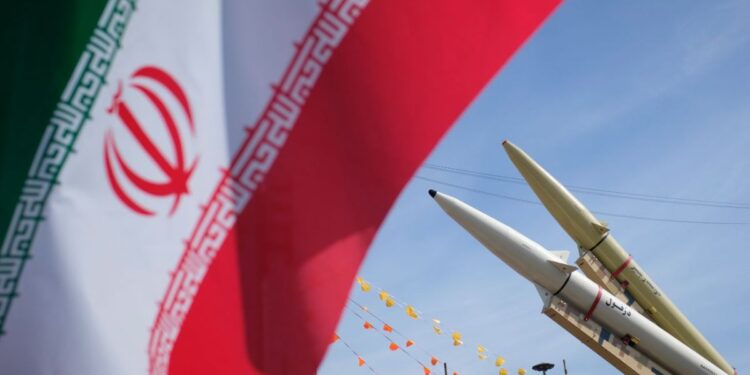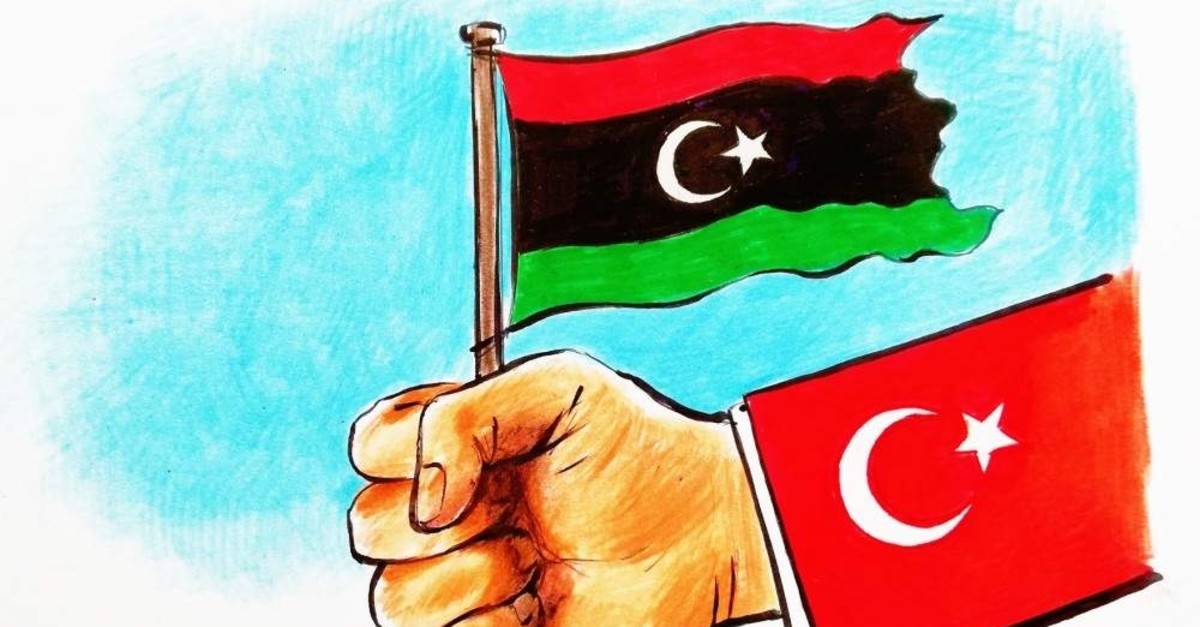The G7, comprising some of the world’s most influential economies, has come together to issue a unified and forceful statement regarding the alarming prospect of Iran supplying ballistic missiles and associated technology to Russia. This joint declaration underscores a grave concern shared by these nations regarding the potential consequences of such actions. It emphasizes the readiness of the international community to swiftly implement substantial measures against Iran should it proceed with facilitating this transfer.
A senior official representing the Biden administration has underscored the cohesion among the United States and its allies in conveying a clear message to Iran: any perceived benefits of such a move will be outweighed by the significant costs. This collective stance is a departure from routine diplomatic interactions and underscores the seriousness with which the situation is being addressed.
This collective response is prompted by the escalating conflict in Ukraine, where Russia’s advances have forced the Ukrainian government to ration essential military supplies. Meanwhile, efforts to secure a $60 billion aid package for Ukraine have met resistance in the US House of Representatives, primarily from Republican lawmakers. CIA Director Bill Burns has warned of dire consequences for Ukraine without additional support, suggesting that without it, the country risks losing considerable ground in the ongoing conflict.
Reports indicating that Iran may have already provided missiles to Russia have intensified concerns. However, concrete evidence of such transfers remains elusive. Nonetheless, the US remains vigilant, monitoring ongoing negotiations between Iran and Russia closely. This potential escalation follows Iran’s prior provision of drones, guided bombs, and artillery ammunition to Russia, all of which have been deployed in attacks on Ukraine.











